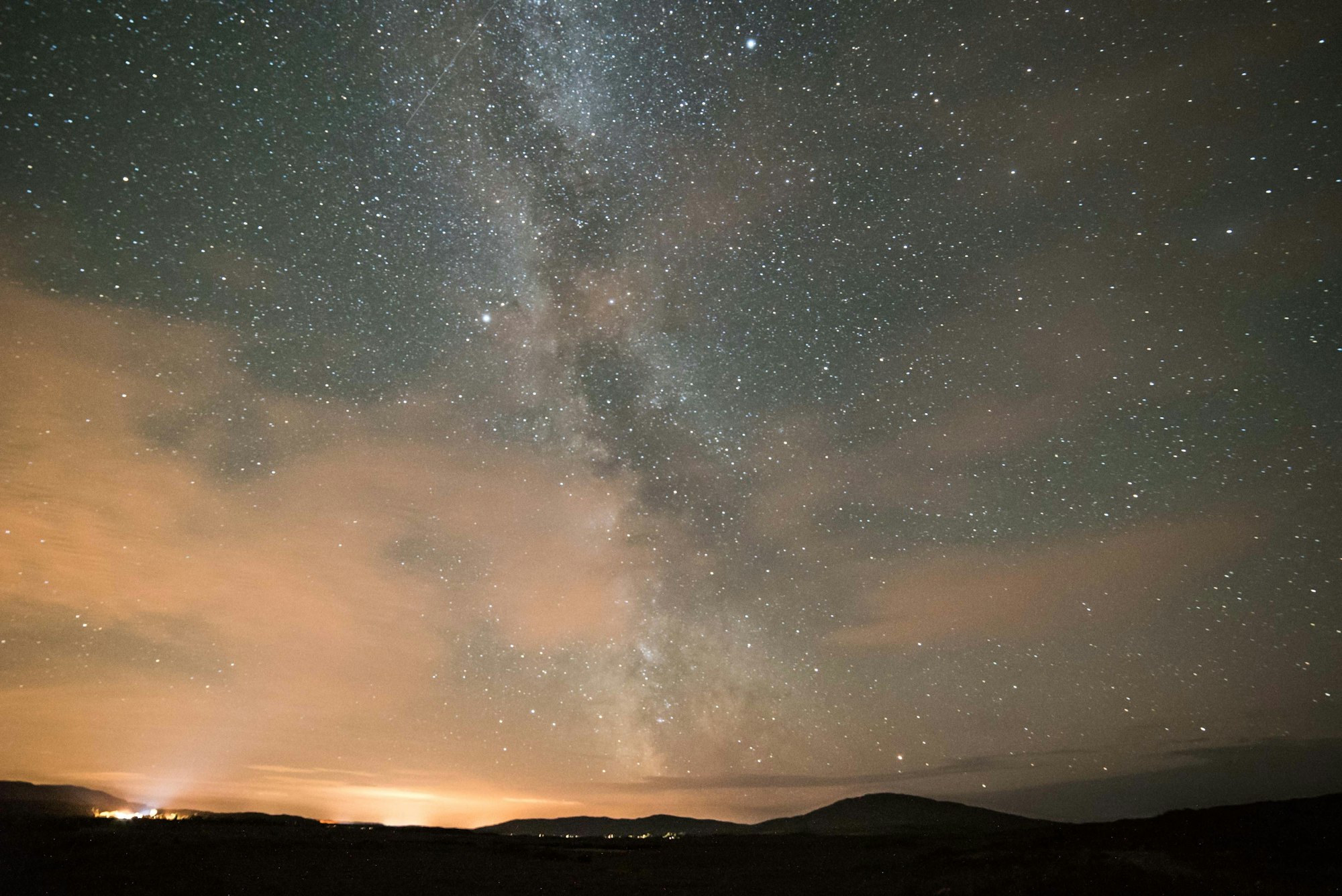Beyond the Lab: Exploring the Science through the Lens of Ancient Wisdom
Science isn't just about observable phenomena and repeatable experiments. It's a voyage of discovery that melds ancient wisdom with modern knowledge. Let's redefine science and embark on this cosmic journey together at BaguaScience.

Throughout human history, people have sought to understand their world. That primal desire for comprehension is the bedrock of science. But what is science, really? Countless attempts have been made to define it, but there is no singular, universally accepted definition. Broadly, these numerous definitions fall into two categories: narrow (or restricted) and broad definitions of science.
The Narrow View of Science
In the late 1920s, the logical positivists of the Vienna Circle proposed verifiability as the criterion to delineate science. According to this perspective, a proposition is scientific and meaningful if it can be empirically verified. To put it simply, it should be possible to check the truth of a claim through observation or experimentation.
Alternatively, the philosopher Karl Popper put forth a different criterion for scientific demarcation: falsifiability. He argued that only theories that can be potentially disproven through experiments or observations are genuinely scientific. Despite their differences, both these perspectives – verifiability and falsifiability – rest on the cornerstone of empirical proof.
These views are termed as "narrow definitions of science" due to their emphasis on the process of experimentation. At first glance, this seems logical. The essence of an experiment is often understood as validating or demonstrating a claim using a procedure that can be repeated. Essentially, an experiment is comprised of a procedure and its result, with the latter being paramount.

The Experimental Method: Procedure and Result
However, the definition of an experiment isn't problematic in itself. The issues arise when we consider that the desired "results" may not be immediately attainable. Over time, humans have incrementally developed more sophisticated "procedures and means" to conduct experiments. In our modern era, these methods often involve intricate technologies, laboratories, and precise instruments.
As a result, people often equate "experiments" with these advanced tools and techniques, assuming that only results derived from such methods are scientific. This association, while understandable, conflates the process and the outcome of an experiment, leading to confusion. In reality, an experiment should be regarded as the "procedure or means" — a process that leads to a scientific demonstration, rather than being strictly about the sophisticated tools involved.

Redefining the Science Paradigm: Embracing a Broader View
In the context of BaguaScience, this restricted view of science is limiting. By adhering solely to the traditional laboratory-based definition of experiments, we overlook the profound wisdom encapsulated in ancient philosophical texts like the Tao Te Ching and Yi Jing. These works provide us with profound insights about the universe and its inherent logic, transcending the boundaries of conventional science.
Just as our Yi-Tao Bagua universe model and the Arrow-One universal law propose a new vision of the universe, so too should we embrace a broader view of science. This expanded perspective sees science not merely as an array of facts, but as a voyage of discovery that melds the wisdom of the ancients with the knowledge of the present, providing us with a comprehensive understanding of the cosmos.
This quest for cosmic truth goes beyond the restrictive confines of laboratory experiments, embracing all paths leading to knowledge and understanding. In this view, science is not just about observable phenomena and repeatable experiments. It's about the inherent curiosity and wonder that drives us to unravel the mysteries of the universe. It's a journey, not just a destination.
In conclusion, the essence of science is an ever-evolving narrative, one that is best understood not just through empirical observations and experiments but also through the wisdom of ancient philosophies and theories. The definition of science isn't restricted to labs and complex technologies; it's a broader, more inclusive search for understanding and truth, transcending time and civilizations. In this quest, we should not shy away from redefining science as a means to bring clarity to the world around us and within us.

Invitation to Join the Voyage
So, how do you perceive science? Is it a labyrinth of complex theories, a series of cold, impersonal laboratory experiments? Or is it a voyage of discovery, a journey that combines the wisdom of the ancients with the knowledge of the present?
We invite you to join us on this exciting journey. Together, let's challenge the traditional views, question the universe, and decipher the ancient wisdom in light of contemporary knowledge. We encourage you to dive into the vast pool of knowledge we offer at BaguaScience, a unique platform that bridges the past with the present to shape the future.
Participate actively in our community. Comment on the blog posts, share your thoughts, ask questions, propose theories, and engage in lively discussions. And remember, you are not a mere observer—you are an active participant in this cosmic journey.
With each visit, with every blog post you read, we hope you find something that stirs your curiosity, challenges your perspective, and feeds your soul. We hope you'll become part of our community of seekers on this quest for cosmic truth.
Let's redefine science together. Let's embark on this journey. Join us at BaguaScience!
If you found this post enlightening and believe it could be beneficial for others, don't forget to share it with your friends, family, or social media followers. Sharing knowledge is a small step in making the world a better place. Let's take that step together.
